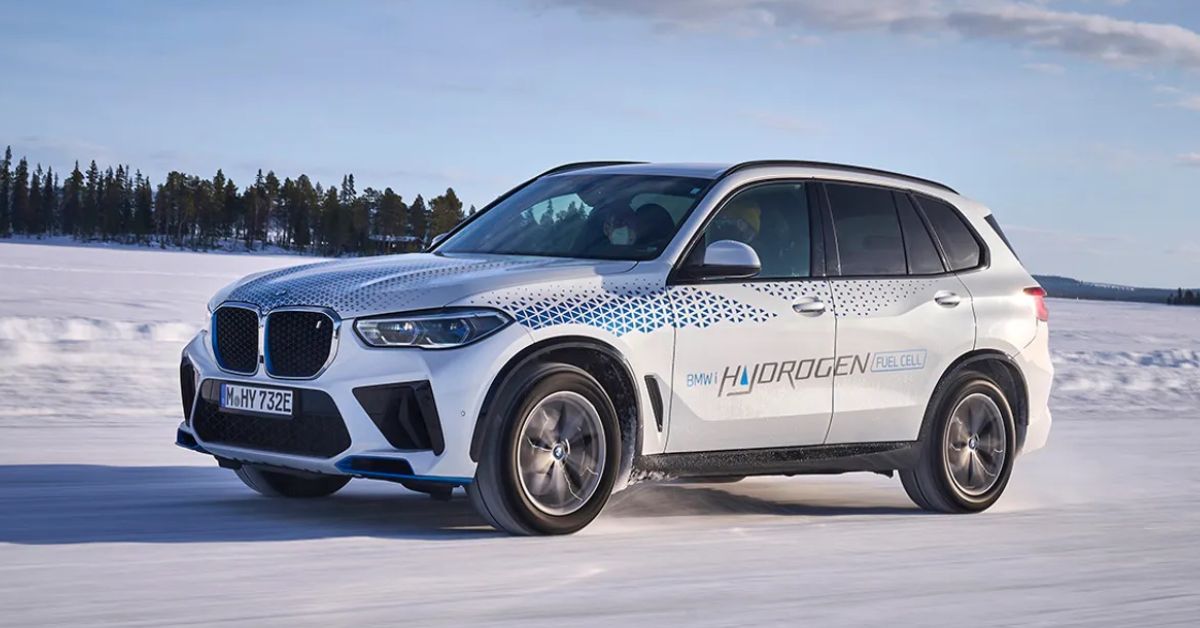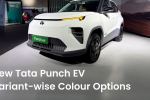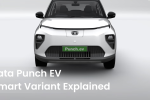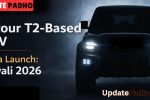In a world racing toward electrification, BMW is charting a bold new course with the upcoming iX5 Hydrogen—its first-ever series-production hydrogen-powered vehicle. Set to launch in 2028, the iX5 Hydrogen represents a pivotal moment in the evolution of sustainable mobility, blending the brand’s signature driving dynamics with cutting-edge fuel cell technology. This isn’t just another alternative powertrain—it’s a strategic leap into a future where hydrogen could play a central role in global decarbonization.
🌍 A New Chapter in BMW’s Sustainability Strategy
BMW has long been a pioneer in automotive innovation, and the iX5 Hydrogen is a testament to its “technology-open” philosophy. Rather than betting solely on battery-electric vehicles (BEVs), BMW is offering a diverse portfolio of powertrains—including petrol, diesel, plug-in hybrid, battery-electric, and now hydrogen fuel cell. This approach allows the brand to meet varying customer needs and regulatory demands across global markets.
Joachim Post, BMW’s head of development, emphasized this vision: “Hydrogen has an essential part to play in global decarbonization, which is why we are committed to driving the technology forward”.
🔋 Fuel Cell Power Meets BMW Performance
At the heart of the iX5 Hydrogen is a third-generation fuel cell system co-developed with Toyota. This compact and efficient power unit converts hydrogen into electricity, delivering smooth, silent propulsion akin to an electric vehicle—but with the added benefit of rapid refueling. The hydrogen is stored in two carbon-fiber reinforced tanks at 700 bar pressure, holding nearly six kilograms of fuel. This setup enables a driving range of approximately 504 km (313 miles) under the WLTP cycle, with refueling times of just three to four minutes.
Unlike BEVs, which require hours to recharge, hydrogen vehicles offer the convenience of traditional gasoline cars—making them ideal for long-distance travel, towing, and high-usage scenarios.
🧪 From Concept to Reality
The journey to the iX5 Hydrogen began with a concept unveiled at the IAA show in 2019. BMW then deployed a global pilot fleet in 2023, testing the vehicle across 20 countries and extreme climates. These trials provided invaluable insights into performance, durability, and real-world usability. Backed by this data, BMW is now transitioning from prototype to production, with key components being manufactured at its plants in Munich, Steyr, and Landshut.
The iX5 Hydrogen will be built on BMW’s updated Cluster Architecture (CLAR), rather than the Neue Klasse EV platform. This decision reflects the brand’s commitment to integrating hydrogen into its existing vehicle ecosystem without compromising design or functionality.
🖥️ Tech-Forward Interior and Design
Inside, the iX5 Hydrogen will feature a futuristic cabin with a full-width head-up display and a 17.9-inch central infotainment screen. BMW is also phasing out its iconic iDrive rotary controller in favor of touch and voice controls, signaling a shift toward more intuitive user interfaces.
On the outside, expect a bold evolution of the X5’s design language, borrowing cues from the second-generation iX3 and the Neue Klasse concept. While camouflaged test vehicles hint at a muscular stance, the final production model will likely blend aerodynamic efficiency with BMW’s signature athleticism.
🛣️ Infrastructure and Challenges
Despite its promise, hydrogen mobility faces significant hurdles—chief among them being infrastructure. Hydrogen refueling stations are sparse, with only 74 in the U.S. (mostly in California) and limited availability in the UK. However, BMW is actively working to expand this network through its HyMoS (Hydrogen Mobility at Scale) initiative, focusing on metropolitan areas in Germany and France.
The environmental impact of hydrogen production also remains a concern. While hydrogen offers zero tailpipe emissions, its manufacturing process can be energy-intensive. BMW’s long-term goal is to support green hydrogen sourced from renewable energy, aligning with broader sustainability objectives.
🚀 Why Hydrogen, Why Now?
BMW’s commitment to hydrogen isn’t just about diversification—it’s about solving real-world mobility challenges. BEVs are ideal for urban commuting and short trips, but hydrogen excels in scenarios where battery limitations become apparent. Quick refueling, consistent performance in cold climates, and scalable energy storage make hydrogen a compelling complement to electric mobility.
As Michael Rath, BMW’s vice president for hydrogen vehicles, puts it: “The new BMW iX5 Hydrogen will be a true BMW—pioneering in its class and delivering BMW’s typical driving pleasure”.
Final Thoughts
The BMW iX5 Hydrogen is more than a technological showcase—it’s a strategic move toward a multi-path future. By embracing hydrogen alongside electric and hybrid powertrains, BMW is positioning itself as a leader in sustainable innovation. With its blend of performance, practicality, and environmental consciousness, the iX5 Hydrogen could redefine what it means to drive green.



